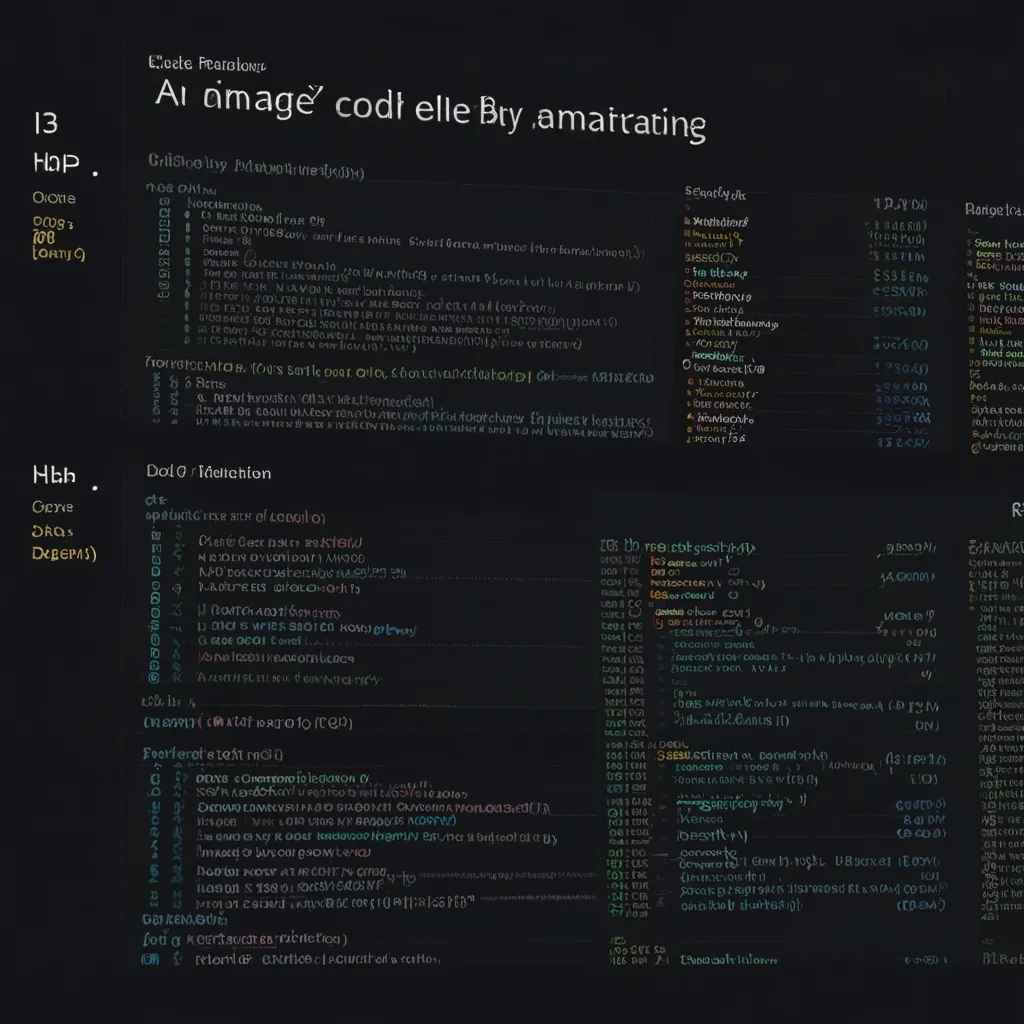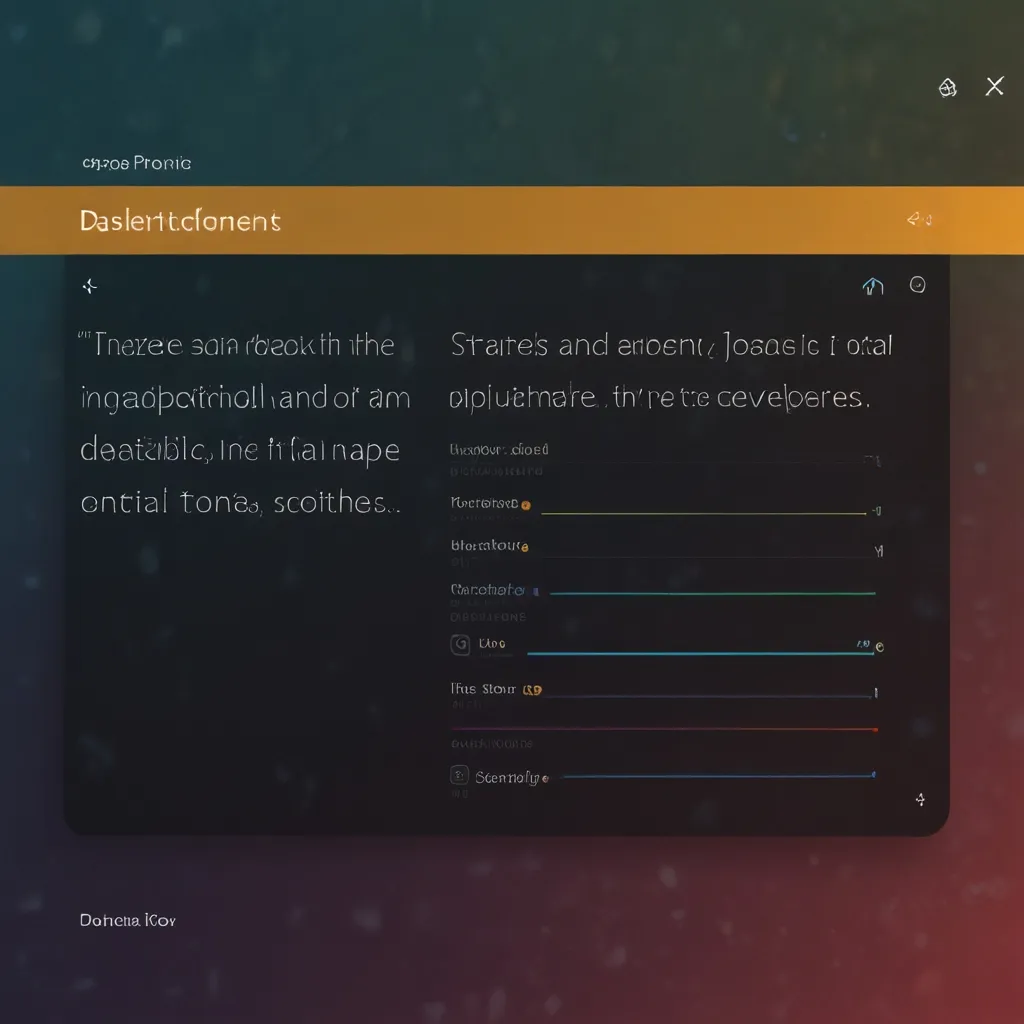When it comes to writing good code, choosing the right names for variables, functions, and classes is key. These names act like little guides that make your code easier to read and understand. They save everyone time and headache when it comes to updating or fixing things later on. Here’s the lowdown on why good names are so important and how to nail them.
First up is readability. Think of names as road signs in your code. If you hit a variable called isUserLoggedIn, you instantly know what it means. But run into something like flag and you’re left scratching your head, wondering what on earth it’s supposed to be. Clear names let you quickly understand what’s happening without pulling out a magnifying glass and decoding every line.
Then there’s maintainability. Clean code is a dream to maintain, and good names are a big part of that. Imagine diving into a project you haven’t touched in months. If the variables and functions are well-named, you’re back in the groove in no time. A function named calculateTotalCost gives you all you need to know at a glance, whereas calcTC is like solving a puzzle. Spend less time figuring things out and more time making cool improvements.
Collaboration also gets a boost from good names. When everyone on the team can easily understand each other’s code, productivity soars. Bring a new developer into the mix and they’ll get up to speed quicker if the code is full of descriptive names. Plus, it cuts down on endless explanations and makes everyone’s life easier.
So, how do you get those perfect names? Start with intent. A name should immediately tell you what its role is. Something like getUserProfile leaves no room for doubt about what the function does. No need for extra comments or confusing explanations.
Descriptive names are the gold standard. A name should give you enough context to understand what’s going on without having to peek at the code itself. Like, customerAddress is way more helpful than just addr.
Avoid names that spread disinformation. A name should accurately reflect what it represents. If a variable is named age, it better hold a numerical age, not a name or something else that doesn’t make sense.
Make sure names are pronounceable. It might sound trivial, but being able to say your variables and functions out loud helps a lot. Names like DEWC_A are just a pain. Easy-to-say names improve communication among team members and make everything clearer.
And avoid encoding information into names. Your IDE already helps you with understanding the roles of your code elements, so there’s no need for prefixes like I for interfaces or m_ for member elements. Just keep things straightforward and let your tools do the heavy lifting.
When naming variables, stick to nouns or noun phrases. For instance, isPublished clearly tells you that it’s a Boolean. Skip the abbreviations; with modern IDEs, typing out full names isn’t a chore anymore.
Classes and methods need clear names too. A class named User is instantly understandable. A method named saveUser is clear about its purpose. Don’t go for generic names like doSomething. Instead, opt for something like updateUserProfile that tells you exactly what’s happening.
Some best practices can really up your naming game. First, always use descriptive names. A name like totalCost is a lot clearer than tc. This helps anyone reading the code get its intent straight away.
Stick to whole-word nouns over abbreviations. Sure, abbreviations can be tempting, but they can also confuse people. customerName is much clearer than custNm.
Pronounceable names are a big win. If you can say it, you can understand it and talk about it with your team. Hard-to-pronounce names just make everyone’s job harder.
Noise words like Data, Value, Info, Table, String, and Object usually don’t contribute much. They’re often redundant, so it’s best to leave them out.
Misleading names are a big no-no. If you’re naming a variable age, it shouldn’t store anything but an age. Similarly, don’t use similar names with different meanings.
Consistency is key. If your team sticks to one language, like English, then don’t mix things up with other languages like Spanish or French. It just muddles everything.
Oh, and avoid magic numbers. These are just unnamed numbers floating around your code. Instead, use descriptive names for them. For example, define a constant called millisecondsInADay instead of using 86400000 directly.
To see this in action, let’s say you’re coding a function to calculate the total cost of items in a shopping cart. Here’s a contrast between bad and good examples:
Bad:
function calcTC(cart) {
let tc = 0;
for (let i = 0; i < cart.length; i++) {
tc += cart[i].price * cart[i].quantity;
}
return tc;
}
Good:
function calculateTotalCost(shoppingCart) {
let totalCost = 0;
for (let itemIndex = 0; itemIndex < shoppingCart.length; itemIndex++) {
totalCost += shoppingCart[itemIndex].price * shoppingCart[itemIndex].quantity;
}
return totalCost;
}
In the good example, you know exactly what the function calculateTotalCost is doing. The variables totalCost and itemIndex are clear and descriptive, making the code easy to follow.
So in a nutshell, picking good names for variables, functions, and classes is essential. It amps up readability, maintainability, and teamwork. By sticking to these naming principles and best practices, you’ll make sure your code is crystal clear and simple to work with. Good names aren’t just a luxury—they’re a necessity for building top-notch software.






